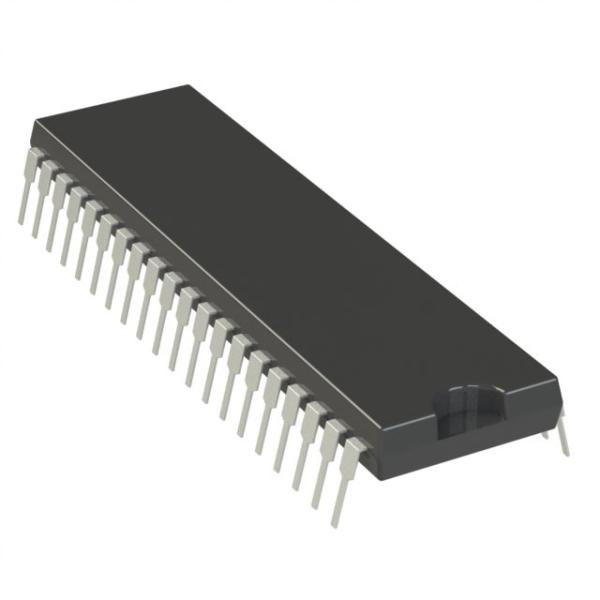ChongMing Group (HK) Int'l Co., Ltd
CHONGMING GROUP (HK) INT'L CO., LTD. located in Hong Kong and
Shenzhen. We are an independent Distributor of Electronic
Components,established in 2008. AS a growing fast company, CM GROUP
is renowned for its world-class efficiency, excellent services, and
extraordinary ability to supply electronic components that are hard
to find and even obsolete. We have taken pride in our innovation,
reliability and service, especially in the semiconductor
marketplace.
Our distribution brands include XILINX,ALTERA,ATMEL, INFINEON,
ST,SAMSUNG,TEXAS
INSTRUMENTS,ON,TOSHIBA,,MICROCHIP,CYPRESS,FREESCALE,etc. We
distributes over 200,000 products ranging from semiconductors to
resistors, capacitors, diodes, inductors, connectors, transistors,
sensors and so on.
Our mission is to meet and exceed all the expecations of what we
supply to customers.













